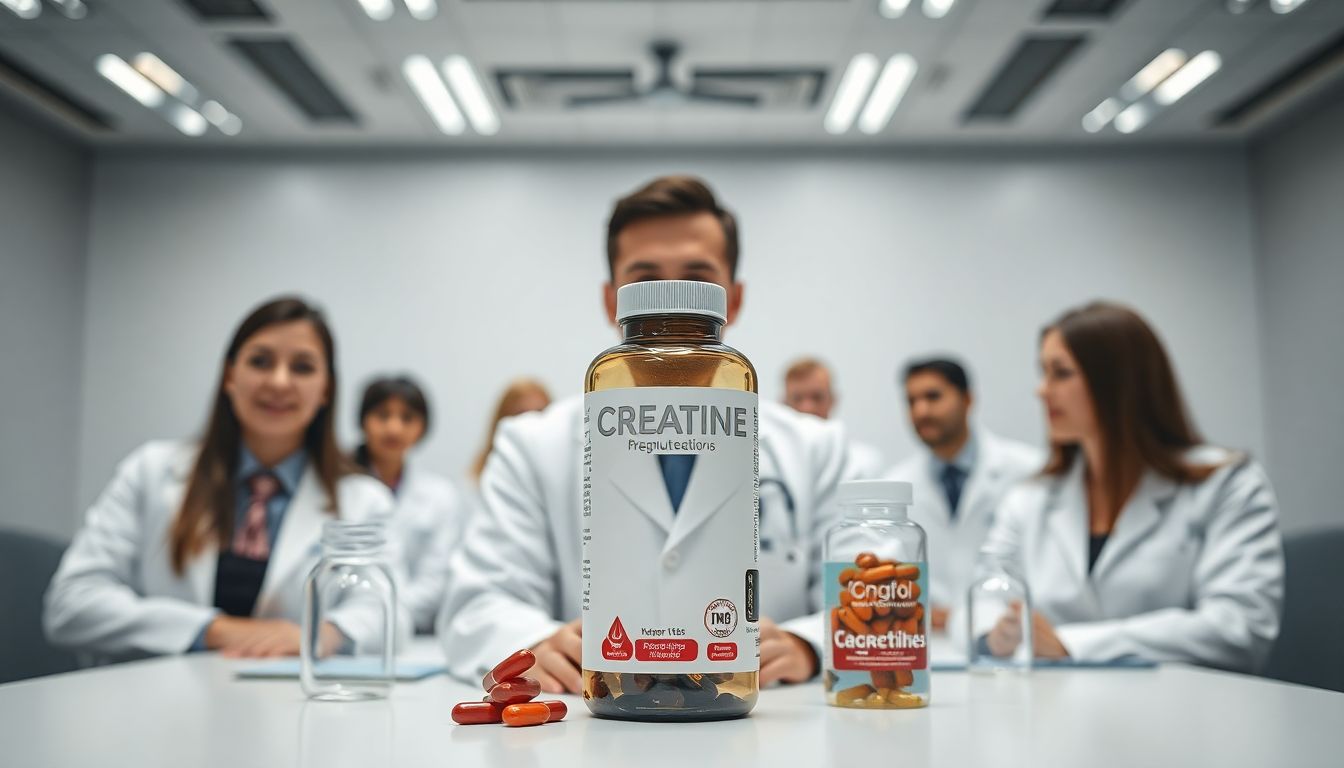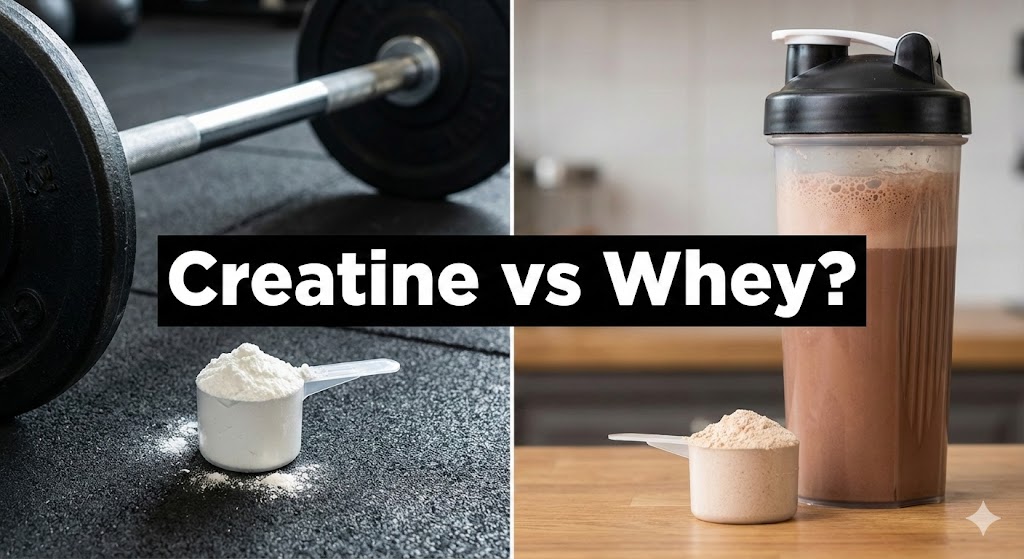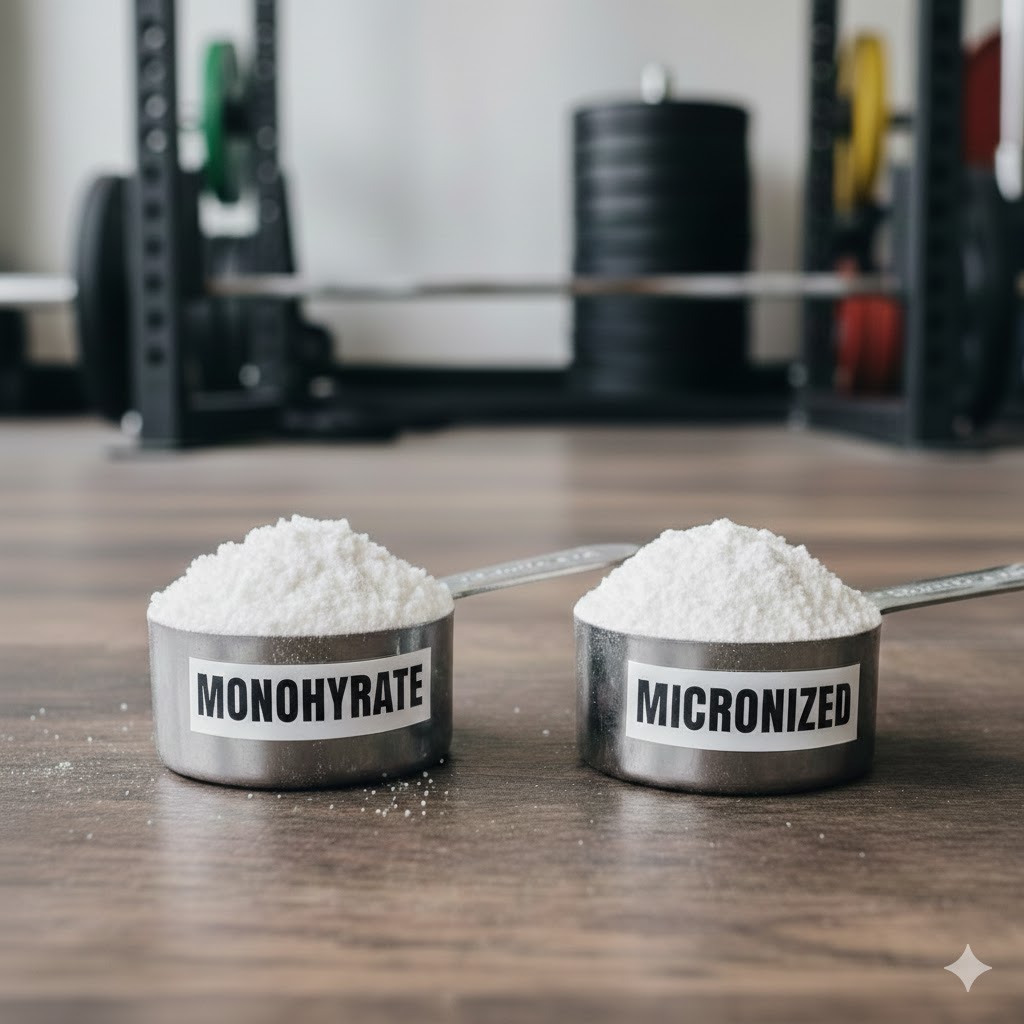Creatine research in 2025 is expanding rapidly, with scientists uncovering new applications and refining supplement practices well beyond muscle growth and athletic performance. This article highlights the most important findings from recent conferences, clinical trials, and lab studies, including emerging benefits, innovative dosages, new product formats, and future directions in creatine science.
New Applications Beyond Muscle
Creatine’s classic role for building muscle and boosting exercise performance remains strong, but new studies are uncovering important effects on brain health, metabolism, women’s health, aging, injury recovery, and even gut health.
- Cognitive benefits: Creatine is gaining traction as a safe, effective nootropic. Recent clinical studies are confirming improvements in working memory, fatigue resistance, and even cognitive markers in Alzheimer’s patients taking higher daily doses.
- Metabolic health: New evidence points to improvements in glucose metabolism, cell hydration, and anti-inflammatory pathways, making creatine promising for overall metabolic wellness.
- Women’s health: Dedicated research in postmenopausal women reveals advantages for metabolism, muscle maintenance, and cognitive support, plus safety during pregnancy.
Dosage Innovations and Safety Shifts
Traditional guidance emphasizes 3–5 grams per day, but new trials are exploring higher doses—up to 10 or even 20 grams per day for special populations (aging, cognitive decline). Reports at the Creatine Conference 2025 confirmed excellent safety records at these levels, with calls for new labeling standards and better supplement education.
Creatine is now appearing in more food formats, such as hydration mixes, gummies, and fortified foods, making daily intake easier and more accessible.
Mechanisms: Muscle-Brain Axis and Gut Health
Emerging science highlights how creatine supports both muscle and brain via shared energy pathways and may influence neurotransmitters like serotonin and dopamine. Novel research also investigates how creatine may modulate gut microbiome composition, opening up new fields in nutrition-science interventions.
Challenges: Who Responds Best?
Recent clinical trials find that baseline creatine levels (from diet, metabolism, or genetics) can influence how much a person benefits. Vegetarians, older adults, and those under stress appear especially responsive, but personalized supplementation may soon be possible.
Frequently Asked Questions (FAQs)
1. What’s new in creatine science in 2025?
Recent trends include higher dosing studies, new brain and metabolic health applications, and novel supplement formats. Read More
2. Is creatine safe at higher doses?
New trials report up to 20g/day is well tolerated in healthy adults, especially in clinical settings; ongoing studies are refining best practices. Read More
3. Is creatine only for young athletes?
No—2025 research proves benefits for women, older adults, and those with health conditions like metabolic syndrome or cognitive decline. Read More
4. Can creatine help with brain health or cognition?
Yes, new studies show benefits for memory, clarity, and disease prevention, especially in aging populations. Read More
5. Are there new forms of creatine available?
Yes, creatine is now marketed in gummies, hydration mixes, fortified foods, and transparent-labeled capsules for easier intake. Read More
6. Does everyone respond to creatine the same way?
No—diet, age, activity, stress, and genetics can affect your response, and future research may personalize dosing guidelines. Read More
7. How is creatine labeled in foods and supplements now?
Top scientists are pushing for clearer creatine content labels (like for protein) in foods and supplements. Read More
8. What do gut health studies show about creatine?
Early data suggest creatine may support gut microbiome and anti-inflammatory benefits, but research is ongoing. Read More
9. Is creatine involved in women’s health or pregnancy?
Clinical data in 2025 show creatine is safe and beneficial for women’s metabolism, muscle, and cognitive support—including during menopause and pregnancy. Read More
10. What new clinical areas will creatine impact next?
Future directions include recovery after injury, infant development, metabolic disease management, and healthy aging. Read More
Related Articles
- Creatine Supplementation: Benefits and Risks
- Creatine for Metabolic Health: What Research Shows
- Creatine and Cognition: Brain Benefits You Should Know
- Creatine for Women: Unique Benefits and Concerns
Recommendations
Ready to take advantage of new creatine science?
- See reviews of the latest and most innovative creatine products for 2025
- Learn how to optimize your dosing and supplement strategy with expert guides
- Explore affordable, proven creatine options with affiliate discounts

Experience the Latest in Creatine Innovation
Stay ahead of the curve with Creatine Ultimate CRN-5, designed to deliver the advanced benefits revealed in the latest scientific research.











